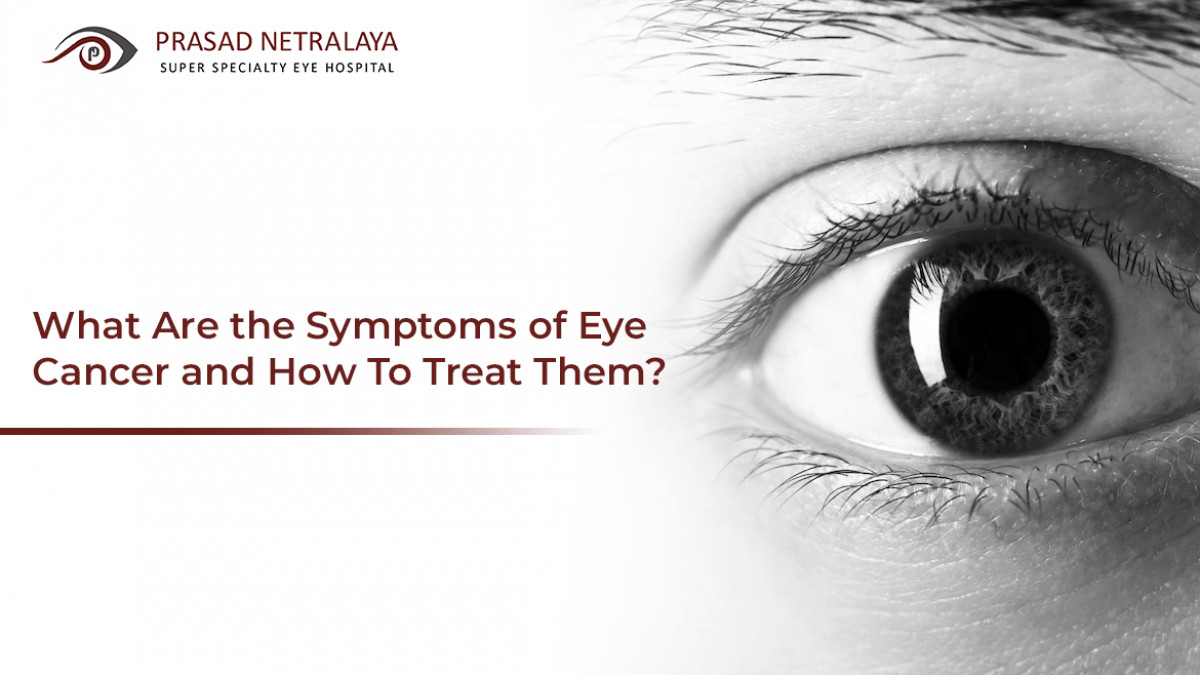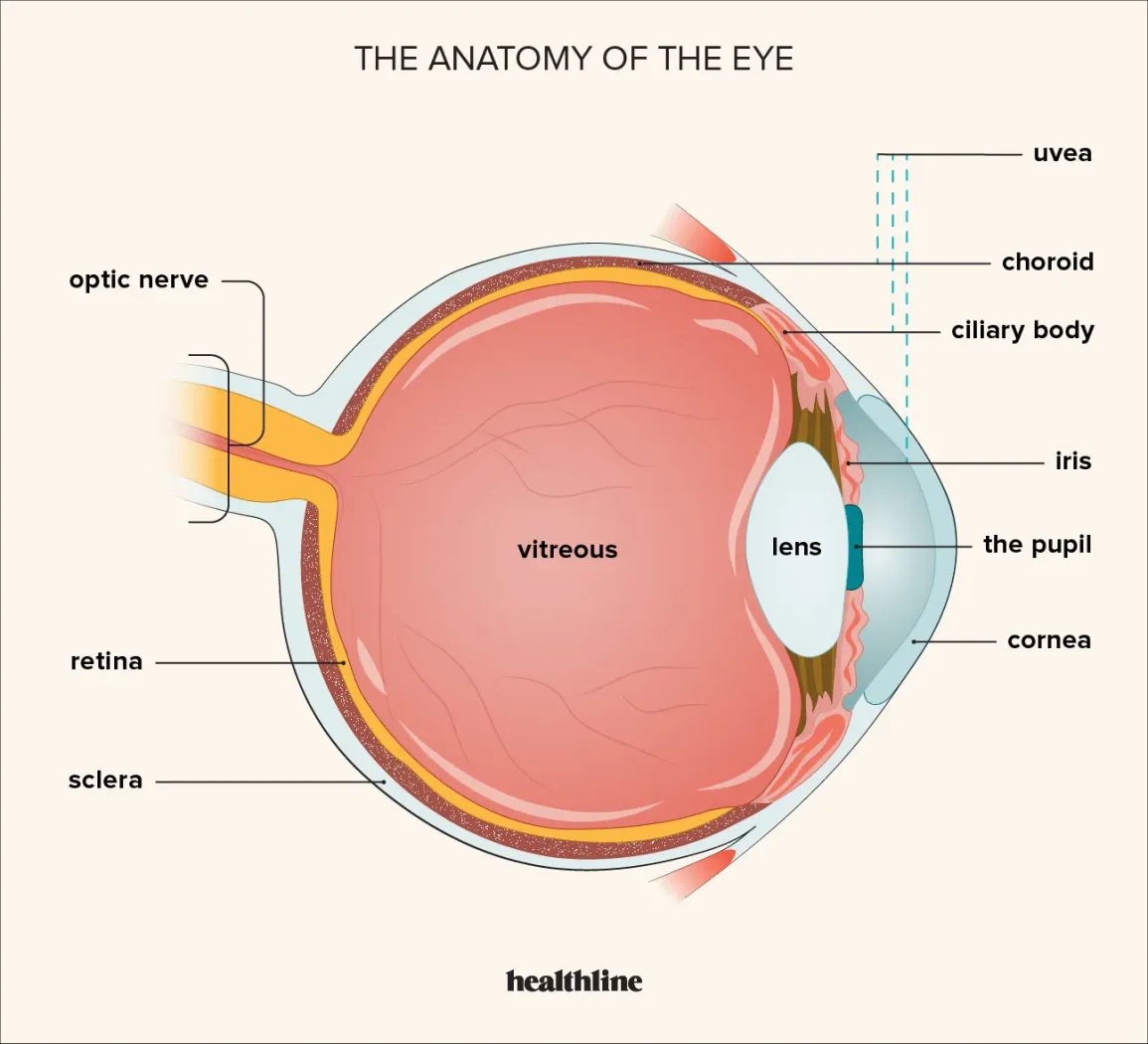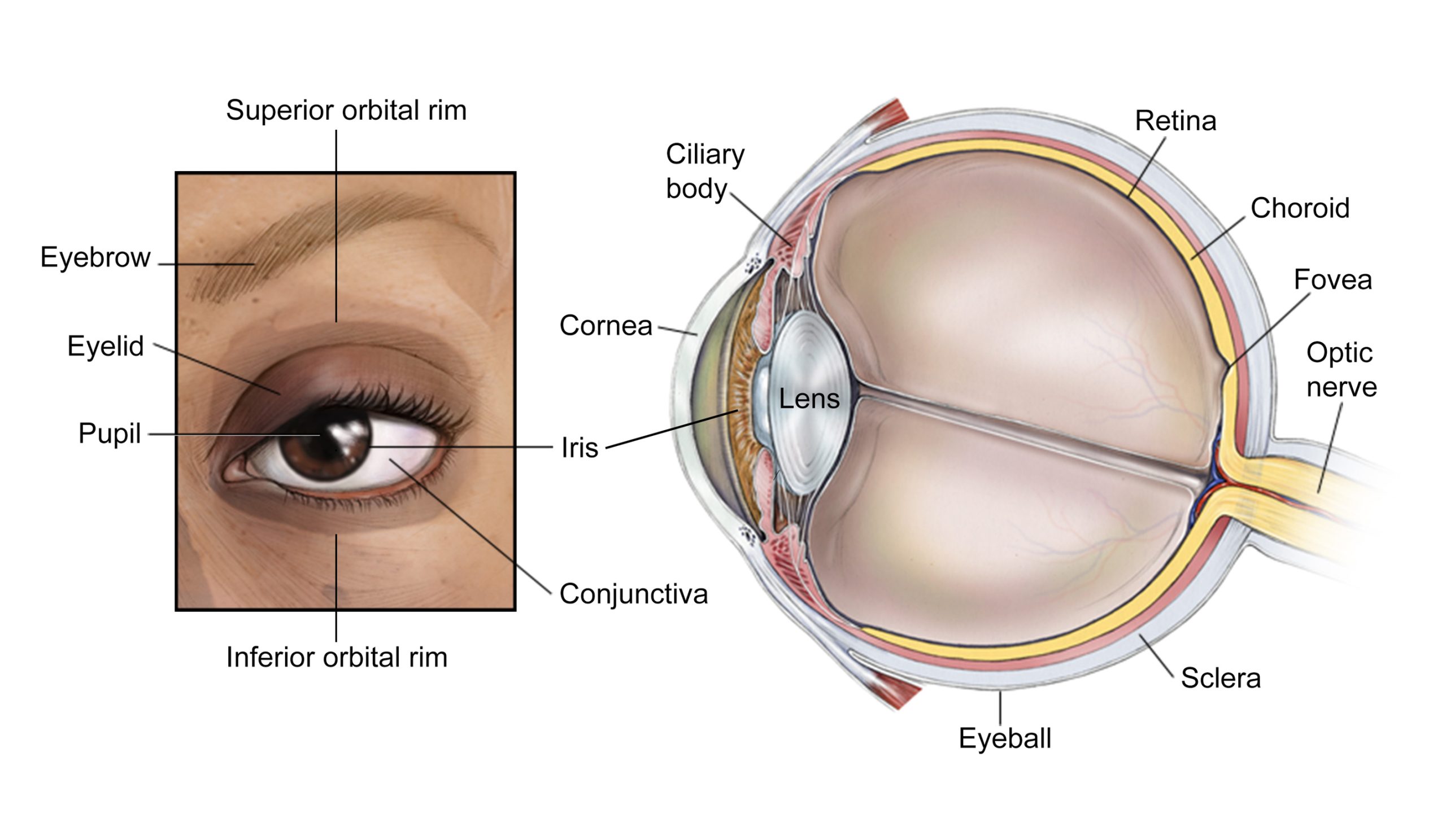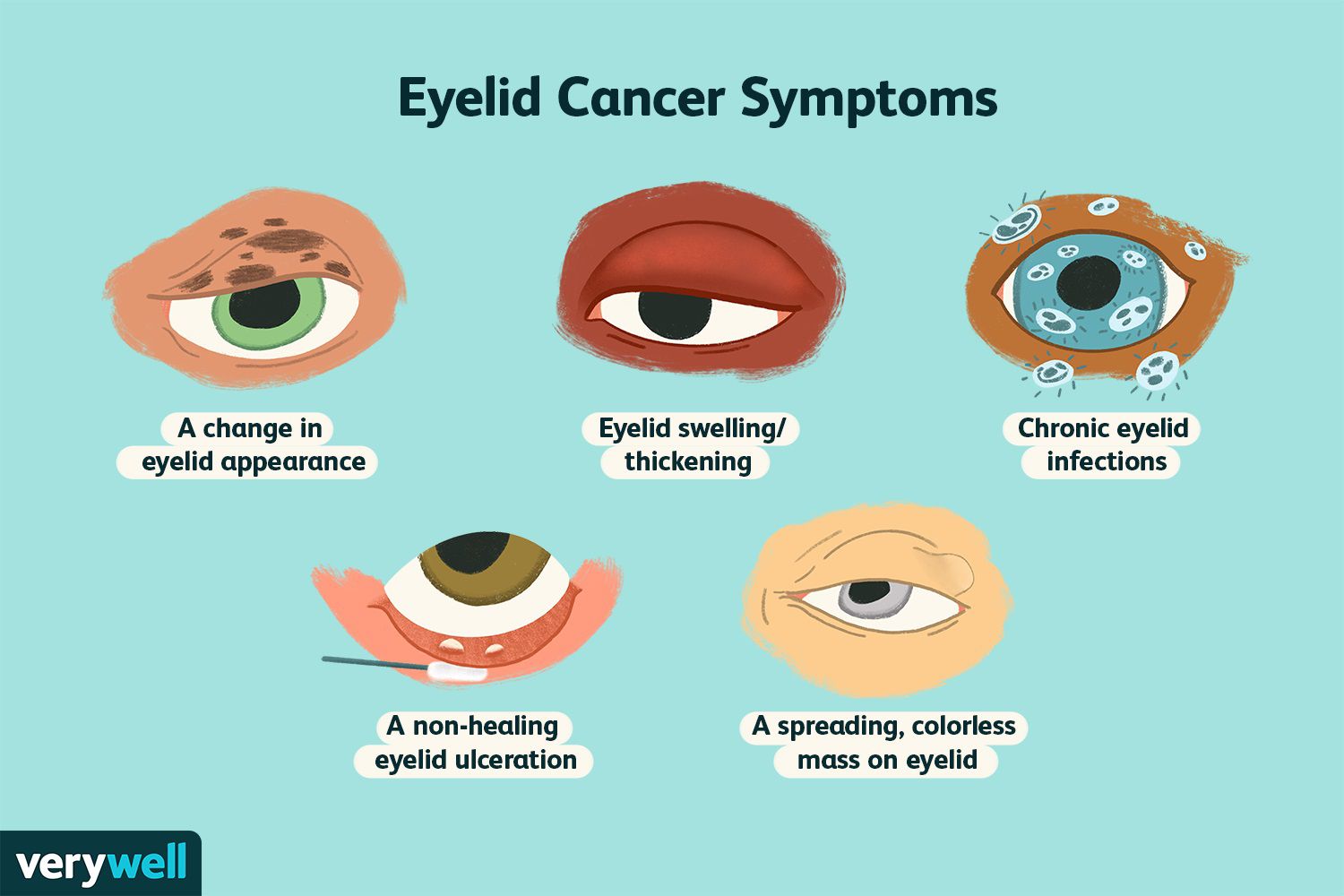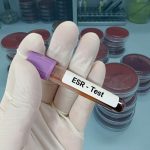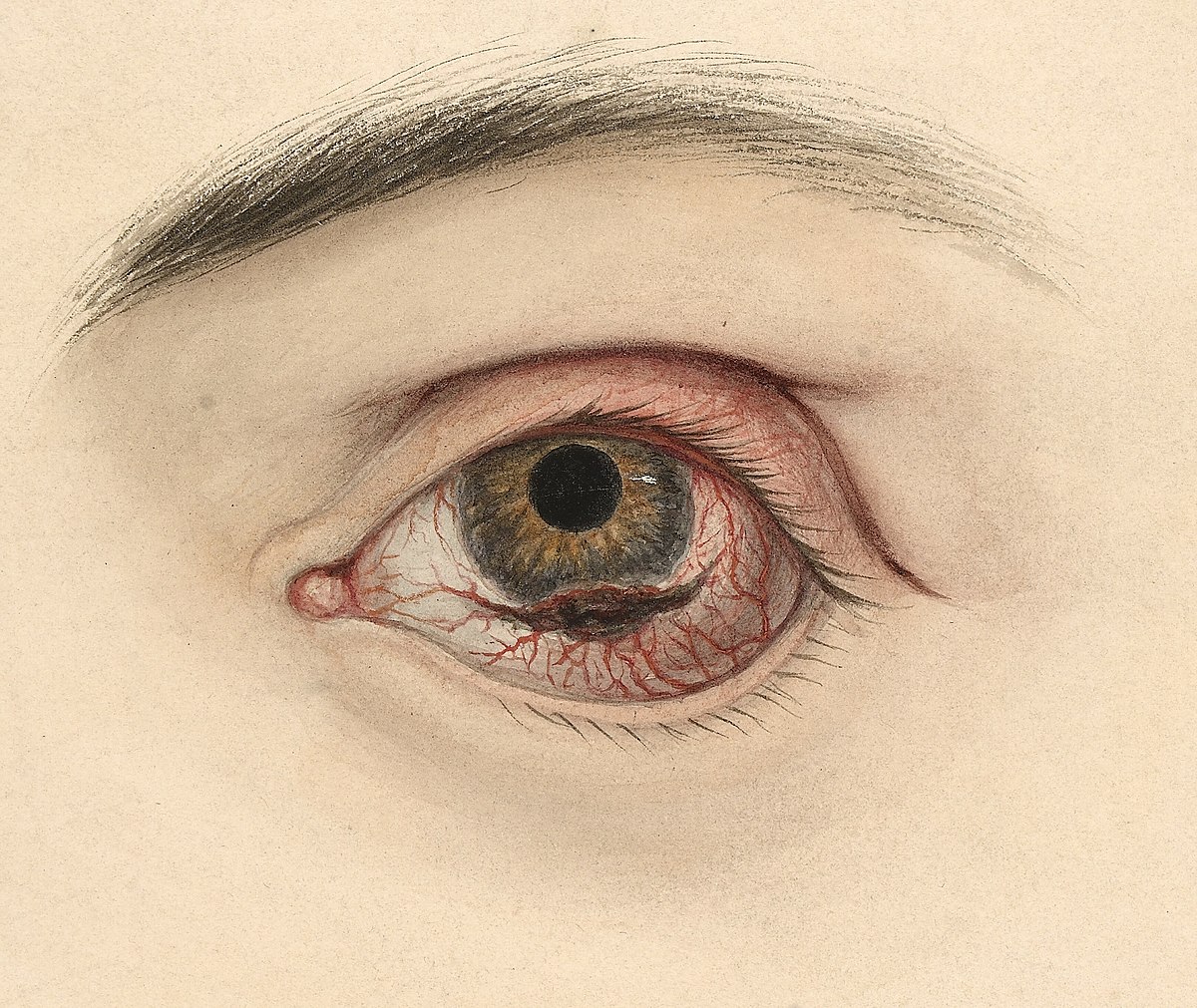
What is eye cancer?
Eye cancer develops when abnormal cells in your eye grow and divide in an uncontrolled way. In adults, it is usually caused by melanoma. Eye cancer can be quite hard to treat, but luckily it is rare in Australia.
Many different cancers can affect the eyes or the muscles and tissue around the eye. Eye cancers are sometimes called ‘intraocular cancers’.
Sometimes they start to grow in the eye itself, and sometimes they spread there from other cancers elsewhere in the body, such as the breast or lungs.
What are the types of eye cancer?
The most common form of eye cancer in adults is melanoma. This is different to the melanoma you get on your skin and is thought to be caused by a mutation in your genes.
Eye melanoma, also called ‘intraocular melanoma’ or ‘uveal melanoma’, grows in the cells of the eye that produce melanin (the pigment that gives your skin its colour). It affects the middle of the three layers of the wall of the eye, so you can’t see it by looking in a mirror.
Another type of eye cancer is lymphoma, which affects your immune system and usually starts in your glands (lymph nodes).
Children can develop a type of cancer called retinoblastoma, which grows in the cells of the retina (the part of the back of the eye that senses light). It can grow in one or both eyes.
What are the symptoms of eye cancer?
A sign that you may have eye cancer is if your vision changes or you can’t see as well. You might also notice flashing lights or squiggly lines passing across your vision. These are called eye floaters.
Other signs include a change in the shape of the pupil (the dark circle in the middle of your eye) or a dark spot on the iris (the coloured part of your eye). If your eye bulges or doesn’t move properly, these may also be signs.
All of these symptoms are common and are probably not cancer; eye cancer is rare. But if you are worried, talk to your doctor.
What causes eye cancer?
We don’t fully understand why eye cancer develops, but there are some things that increase your risk, including:
- having lighter-coloured eyes
- growing older
- having a lot of moles on your skin
- having a close relative who has had eye cancer
UV radiation from sunlight (or sunlamps) has also been suggested as a possible risk factor for melanoma of the eye, but this has not been proven.
How is eye cancer diagnosed?
If your doctor suspects you might have eye cancer, they will examine the outside of your eye and use special instruments to look inside it. If they are concerned they may refer you to an eye specialist called an ophthalmologist who may also order tests, including an ultrasound or an angiogram, which uses coloured dye to look at the blood vessels around your eye. Sometimes, they may order a biopsy, where a small sample of tissue is removed to be examined in a laboratory.
You might also have tests like an x-ray or a CT scan to check whether the cancer has spread from your eye to other parts of your body.
How is eye cancer treated?
The type of treatment will depend on the type of eye cancer and how far it has spread (known as its stage).
Usually you will need surgery to remove the tumour or sometimes the whole eye. After the surgery you can have an artificial eye that will look and move like a real eye.
Other treatments may include laser therapy to destroy melanoma cells, radiation, chemotherapy or other medicines to fight the cancer if it has spread to other parts of your body.
Living with eye cancer
After treatment has finished, you will still need regular checks with your specialists and ongoing tests. Eye melanoma can come back in other parts of the body, such as the liver, so your ophthalmologist will want to keep a close watch on you.
If you have had an eye removed, you should still be able to see adequately with just one eye. But it may take a few months for your vision to adjust. You may always have problems with judging distance.
You will need to learn to care for your artificial eye, if you have one. You can find more information on the website Artificial Eyes.
After you have been treated for cancer, it is normal to feel afraid that the cancer will return. If you are struggling, it is important to seek support from your doctor, a therapist or other people who have been through cancer.


